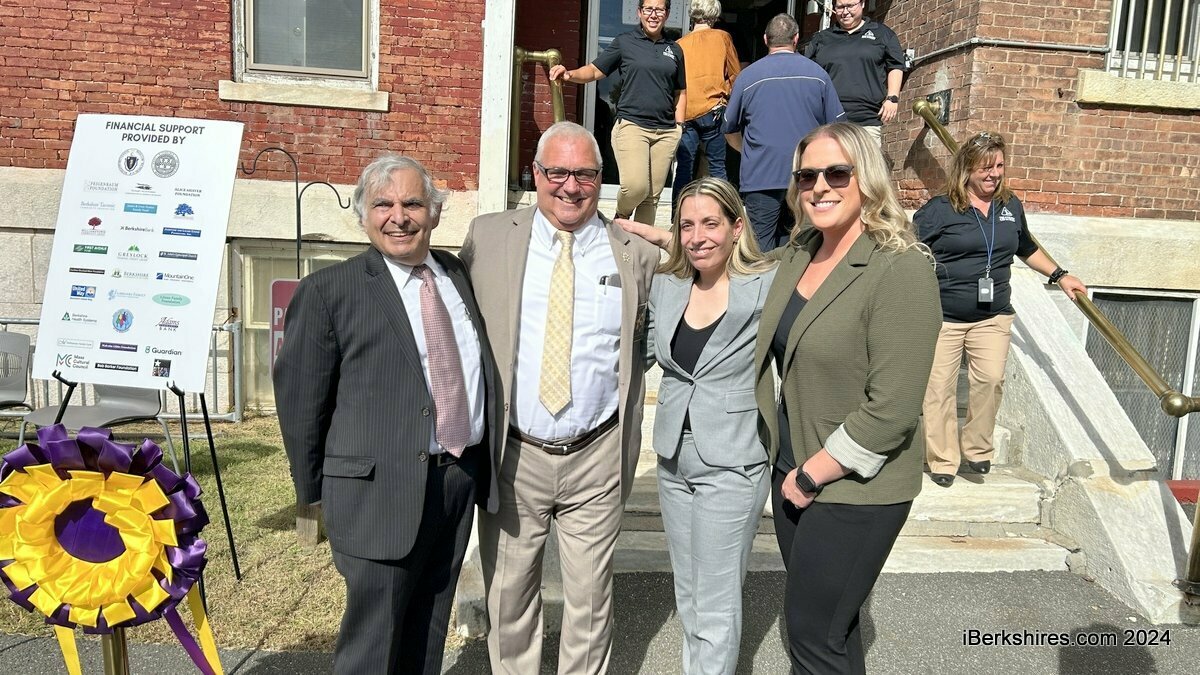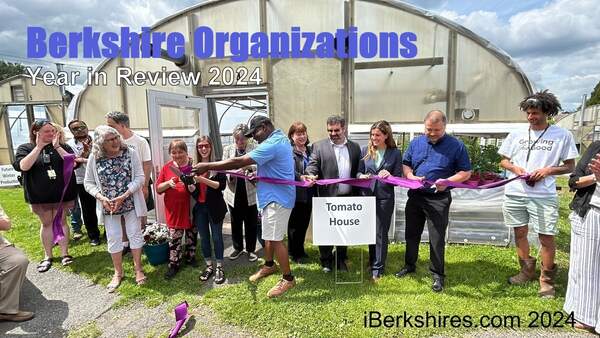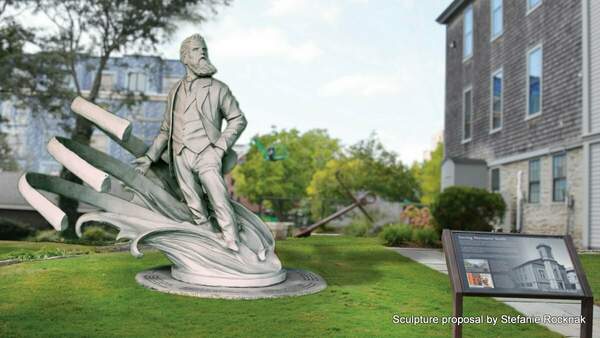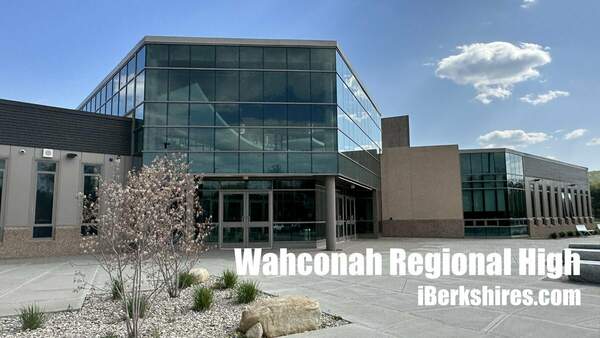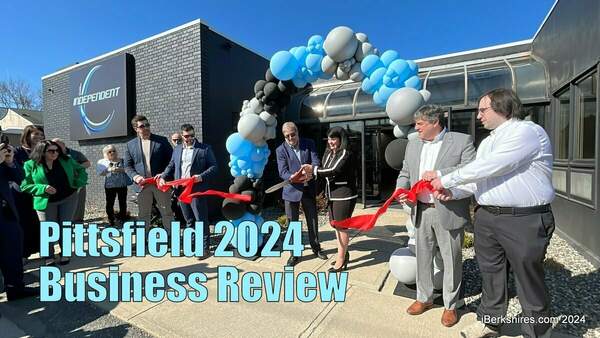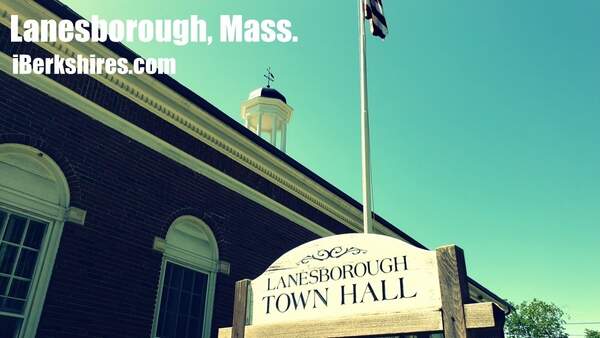Updates to the Massachusetts Endangered Species List
BOSTON — MassWildlife works to conserve biodiversity in the Commonwealth and updated the list of plants and animals officially protected by the Massachusetts Endangered Species Act (MESA) this year following an extensive review of population data and threats.
Following this update, there are now 453 native animals and plants listed under MESA. All listed species receive the same protection, but they are categorized as endangered, threatened, or of special concern—depending on their status and the threats they face. After analysis of scientific data and review of public comments on the proposed changes, 22 plants and animals were added to the MESA list, 1 plant was delisted, and the status of 2 plants was changed.
MESA is implemented by MassWildlife's Natural Heritage and Endangered Species Program. By law, the list of plants and animals protected under MESA must be reviewed at least every 5 years. The status of a species may change due to factors including changes to our knowledge about:
-
Reproductive and population status and trends within the state,
-
Species' habitat requirements and vulnerability to threats to its habitat,
-
Geographic and genetic distribution within the state,
-
Rarity of the species and its habitats, or
-
Emerging diseases and infections
Mammals
The Eastern red bat (Lasiurus borealis), hoary bat (Lasiurus cinereus), and silver-haired bat (Lasionycteris noctivagans) have been reclassified in Massachusetts from "not listed" to "special concern."
Butterflies and moths
The golden borer moth (Papaipema cerina) has been reclassified in Massachusetts from "not listed" to "endangered," while the Acadian hairstreak butterfly (Satyrium acadica) has been reclassified from "not listed" to "threatened."
Bees
The Parnassia miner bee (Andrena parnassiae) and the Macropis cuckoo bee (Epeoloides pilosulus) have both been reclassified in Massachusetts from "not listed" to "threatened."
Plants
-
Bog sedge (Carex exilis) from "not listed" to "threatened"
-
Willdenow's sedge (Carex willdenowii) from "not listed" to "endangered"
-
Split-leaved hawthorn (Crataegus schizophylla) from "not listed" to "endangered"
-
Appalachian bristle-fern (Crepidomanes intricatum) from "endangered" to "special concern"
-
Pine barrens flatsedge (Cyperus retrorsus) from "not listed" to "special concern"
-
Frog orchid (Dactylorhiza viridis) from "not listed" to "endangered"
-
Velvet rosette-grass (Dichanthelium scoparium) from "not listed" to "endangered"
-
Showy orchid (Galearis spectabilis) from "not listed" to "threatened"
-
Loesel's wide-lipped orchid (Liparis loeselii) from "not listed" to "threatened"
-
Wild lupine (Lupinus perennis) from "not listed" to "special concern"
-
Winged loosestrife (Lythrum alatum) from "not listed" to "endangered"
-
Eastern prickly pear (Opuntia cespitosa) from "not listed" to "endangered"
-
Hooker's orchid (Platanthera hookeri) from "not listed" to "endangered"
-
Large-leaved orchid (Platanthera macrophylla) from "not listed" to "threatened"
-
Round-leaved orchid (Platanthera orbiculata) from "not listed" to "threatened"
-
Ogden’s pondweed (Potamogeton ogdenii) from "endangered" to "not listed"
-
Slender clubmoss (Pseudolycopodiella caroliniana) from "not listed" to "endangered"
-
Slender bladderwort (Utricularia subulata) from "special concern" to "threatened"
All of the native animals and plants on the Massachusetts Endangered Species Act list play a role in keeping the Commonwealth's natural communities thriving. Residents can make a difference and support endangered species conservation by making a donation to the Natural Heritage and Endangered Species Fund, which is dedicated specifically to the conservation of rare species and their habitats in the Commonwealth.
Learn how to support rare species conservation.
Tags: MassWildlife,

